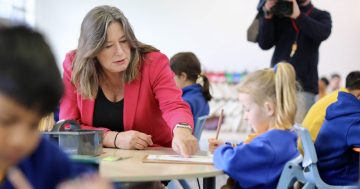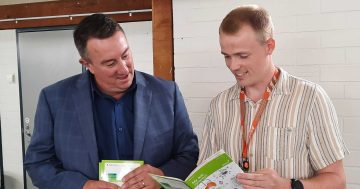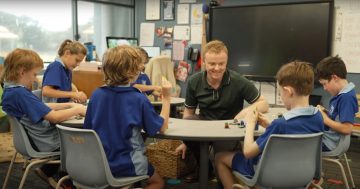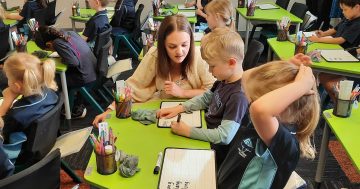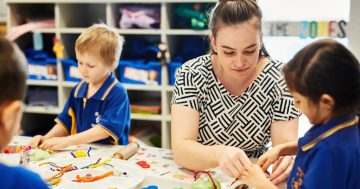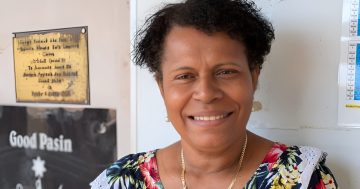
SA students are set to see a policy shift that focuses on fostering a love of reading. Photo: South Australian Government Schools.
The South Australian Government is refreshing its literacy program in an effort to improve the reading skills of students in the state.
The Literacy Guarantee has been developed by the Malinauskas Labor Government to support parents, teachers and students. It will also be supported by an advisory group.
New efforts, such as intensive literacy coaching for teachers, are to be put in place in addition to the support already provided to educational institutions.
Under the new program, the focus of literary coaches will be expanded to support schools with all aspects of reading, including a strong emphasis on literacy in earlier years of school, developing extra resources for teachers and free online support for parents to use for their children from birth.
The program will eventually lead to:
- Increased professional literacy learning for teachers at all levels.
- The provision of free online resources for parents who want to help their children build literacy skills.
- Upskilling of preschool teachers in literacy.
- Launch of a Reading Academy to support new teachers in teaching reading, with a focus on mentoring and resources so that teachers start their career on a strong foundation.
These initiatives are in addition to continued phonics screening, a 40-word, one-on-one assessment of all Year 1 students in public schools to measure how well they are learning to decode letters and conceptualise them as sounds.
“South Australia has led the way in literacy for this country,” State Minister for Education, Training and Skills Blair Boyer said.
“We introduced a Year 1 phonics check in 2017, under former education minister Susan Close, years ahead of anyone else, with some states only beginning a trial from next year.
“The improvements we saw as part of the checks were seen across several student groups, including Aboriginal students, students who speak English as an additional language or dialect, and students in country schools.
“We are continuing to build on that work and ensure new teachers have the skills and resources they need as they enter the workforce.”
The renewed literacy effort will also build on the new English curriculum already being rolled out, which has a larger focus on fostering a love of reading among children to ensure consistent reading throughout their education journey.
Data from last year showed that scores have improved since 2017, with 70 per cent of students equalling or exceeding the expected achievement score.


